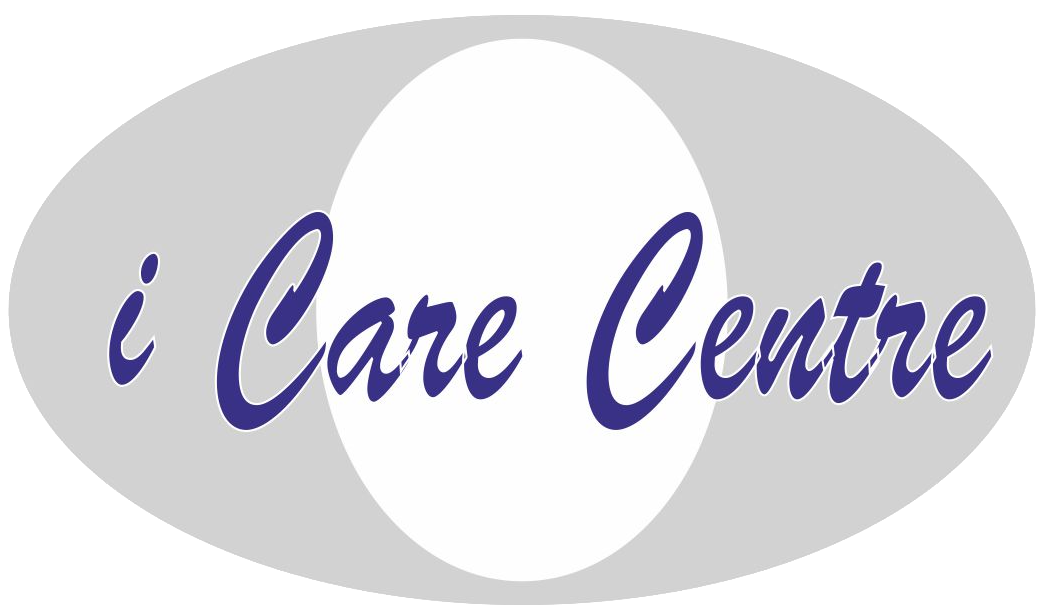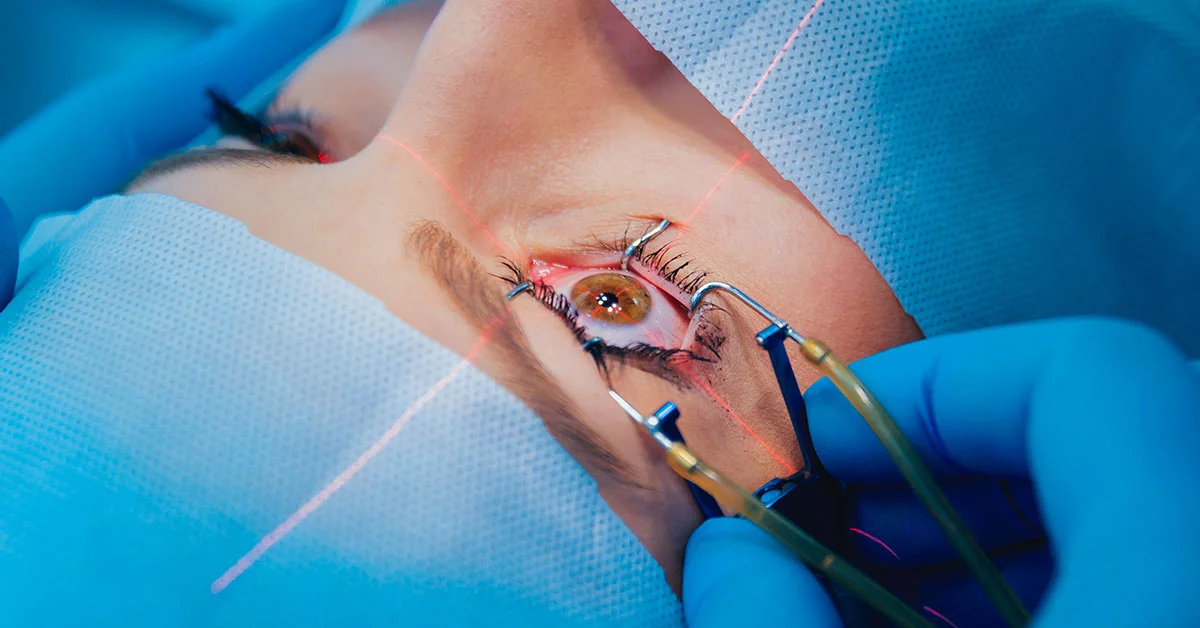Introduction
Refractive errors, such as myopia (nearsightedness), hyperopia (farsightedness), and astigmatism, can significantly impact the quality of life, necessitating the use of glasses or contact lenses. At I Care Delhi Centre, we offer advanced refractive surgery options designed to correct these vision issues and provide a life free from corrective eyewear. Our state-of-the-art techniques and personalized care ensure the best outcomes for our patients.
Understanding Refractive Surgery
Refractive surgery encompasses a variety of surgical procedures aimed at correcting vision by altering the shape of the cornea or implanting corrective lenses. The goal is to enable light entering the eye to focus properly on the retina, resulting in clear vision. Common types of refractive surgeries include LASIK, PRK (Photorefractive Keratectomy), LASEK (Laser-Assisted Sub-Epithelial Keratectomy), and lens-based procedures like RLE (Refractive Lens Exchange).



